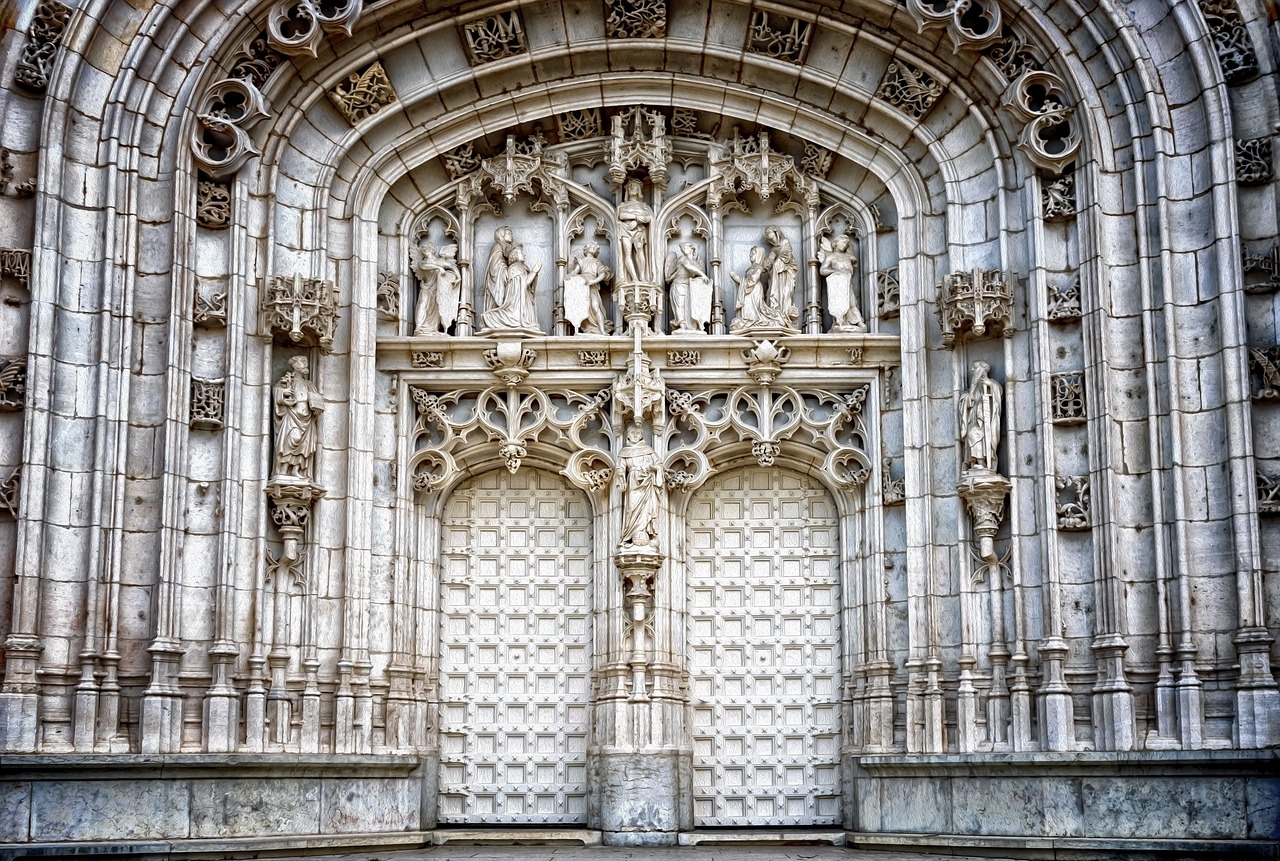Bres, a pivotal deity in Celtic mythology, occupies a significant place within ancient narratives. The son of a Fomoire king and a goddess, he was endowed with remarkable beauty but struggled to fulfill the expectations of a benevolent leader. After facing defeat from his adversaries, Bres sought vengeance against those who usurped his position. This article delves into the mythos surrounding Bres, his cultural importance in Celtic legacy, and his contemporary representation in literature, art, and popular culture.
The Legend of Bres
Bres: An Introduction
The tale of Bres is enthralling, steeped in the rich narratives of Celtic traditions. As a striking descendant of otherworldly royalty, Bres holds a notable role within this celebrated folklore.
Bres in Celtic Mythology
Bres stands out as a crucial figure in the realm of Celtic deities. His appointed position and lineage underscore his actions and identity among these divine beings. In this segment, we explore the various tales documenting Bres’ adventures, illuminating his central role in Celtic mythology.
The Mythological Context of Bres
To fully appreciate the compelling narrative of Bres, it’s vital to comprehend the mythological framework surrounding him. This section reveals the intricate beliefs and traditions that form the bedrock of Bres’ story, offering insights into the broader Celtic cosmology.
Bres and the Tuatha Dé Danann
Bres’ saga is closely linked to the renowned Tuatha Dé Danann, a formidable race of divine beings. This part of the text examines Bres’ ancestry, his rise to sovereignty, and the subsequent demise that marked the end of his rule.
Bres’ Unique Heritage
Born from the union between a Fomoire king and a goddess, Bres boasted a remarkable lineage that distinguished him from his peers. This dual heritage, drawing from both the divine and mortal realms, granted him an unparalleled charm and allure.
Ascendance to Power
Despite lacking core virtues such as generosity and the wisdom of a true leader, Bres was anointed to govern in Nuada’s absence, sparking a chaotic era within the Tuatha Dé Danann. His ascent was pivotal as he endeavored to assert control over the divine realm through charm and authority.
The Downfall of Bres
Unfortunately, Bres’ brief reign was marked by his failure to meet the lofty expectations of his subjects, leading to widespread dissatisfaction and his eventual overthrow by Nuada, the rightful ruler.
Bres vs. Nuada: The Struggle for Rule
The rivalry between Bres and Nuada is a defining moment in Celtic lore, characterized by their contest for power. This section elaborates on Nuada’s quest for kingship, Bres’ ineffective governance, and the confrontation between the two figures.
Nuada’s Challenges
Nuada, once a celebrated deity, faced significant hurdles in reclaiming his kingship. His battlefield injury disqualified him, but with assistance from the skilled healer Dian Cecht, who crafted him a silver arm, Nuada reclaimed his rightful status among the Tuatha Dé Danann.
Bres’ Troubled Rule
Upon ascending the throne, Bres embodied the grace of his lineage but struggled to exhibit the necessary qualities for effective leadership. His oppressive governance quickly bred discontent among his subjects, resulting in turmoil and resistance.
The Climax of Conflict
Tensions peaked with Nuada’s resurgence, leading to an epic confrontation with Bres. This struggle transcended personal ambitions, representing contrasting forces within the fabric of Celtic mythology. Ultimately, Nuada’s determination prevailed, returning order among the Tuatha Dé Danann.
The Symbolism of Bres
Examining Bres reveals rich symbolism and relevance in Celtic culture, where he embodies ideals of beauty and the deeper essence reflected in Celtic art, music, and spirituality.
Bres and Aesthetic Ideals
In Celtic thought, beauty was intertwined with divinity. Bres, with his stunning physical attributes, reflects the aesthetic standards celebrated by ancient Celts, showcasing their profound admiration for the natural world’s harmony.
A Cautionary Tale of Leadership
Bres’ reign serves as a poignant lesson about the essentials of sound governance. Chosen yet unfit, Bres symbolizes the necessity of wisdom and selflessness among leaders. His plight illustrates the pitfalls of prioritizing personal ambitions over communal welfare.
Bres’ Legacy
In Irish mythology, Bres remains a significant figure, epitomizing themes of authority, failure, and possible redemption. His narrative evokes a sense of the cyclical nature of existence, reflecting on the consequences of one’s actions.
Discovering Bres’ Origins
Understanding Bres’ origins involves delving into the intricacies of Celtic myth. Although the specifics of his birth remain elusive, he is widely regarded as a child of a Fomoire king and a goddess, embodying both divine and earthly traits.
Relationships and Connections
Bres’ connections to other deities contribute additional layers to his character. With ties to his mother and father, as well as allegiances among various celestial factions, his familial relationships illuminate the dynamics of power in ancient Celtic belief systems.
Speculative Theories on Bres
Despite extensive study, many aspects of Bres’ narrative provoke questions and interpretations. Scholars consider various theories regarding his character, motivations, and fate after his overthrow, adding depth to the understanding of this enigmatic figure.
Bres in Modern Culture
Today, Bres continues to inspire artists and storytellers. His character appears in numerous literary works and visual art pieces, illustrating his lasting impact on contemporary perceptions of Celtic mythology.
Conclusion
The rich symbolism and themes surrounding Bres encapsulate the complexity of Celtic culture. As a representation of beauty and a warning about leadership, his legacy continues to resonate through the ages, inspiring admiration and contemplation within the vast narrative of Celtic mythology.



